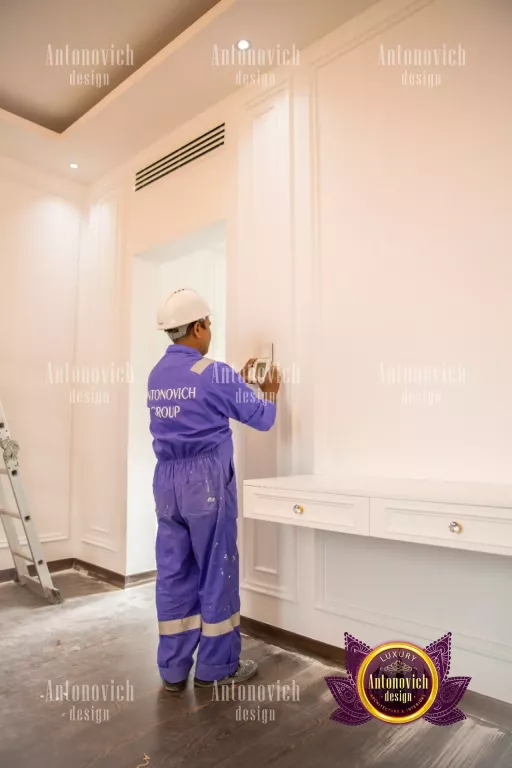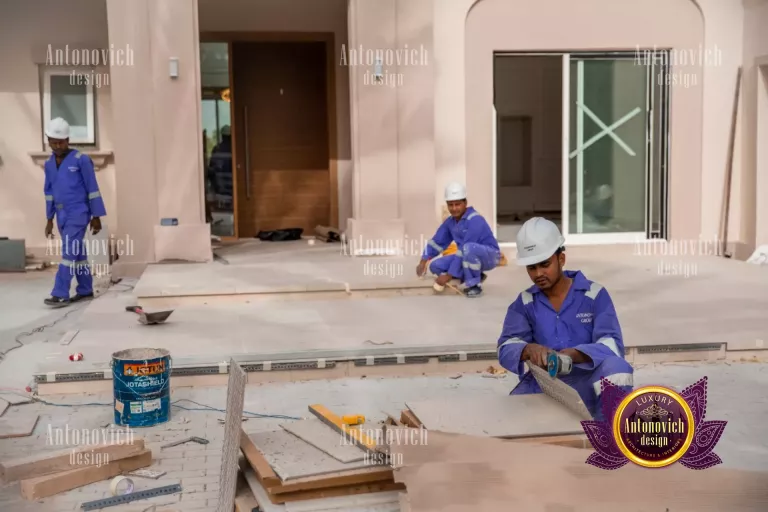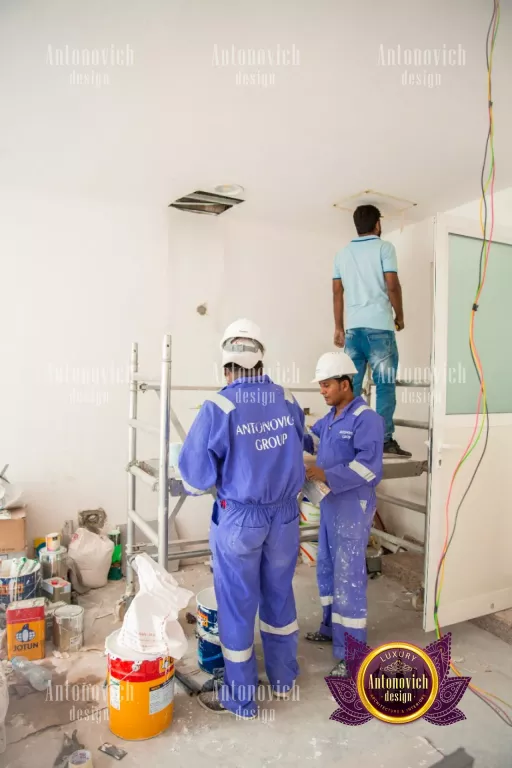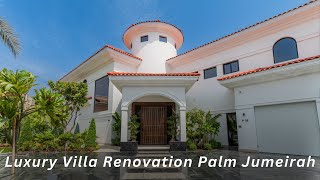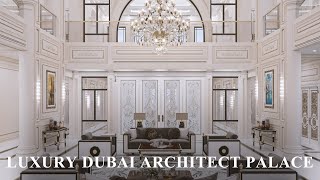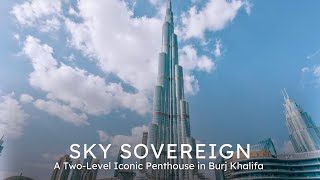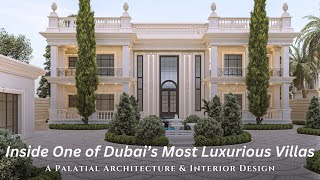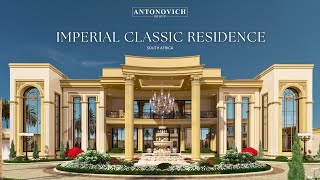MEP'S THREE DISCIPLINES
In this section, we'll look at these three disciplines in the context to see how they're included in a project plan, as well as the benefits and advantages that MEP has in building construction. Mechanical systems of many forms are utilized in residential, commercial, and industrial structures, including specific interiors like a living room in Arabic style. However, three types account for the majority of mechanical design work in commercial buildings, and they are as follows:
- Heating of the space
- Central air conditioning
- Ventilation using mechanical means
Similarly, over-engineering leads to poor indoor humidity control. It had been suggested that relative humidity be regulated between 30% and 60% to make such rooms suitable for human occupancy. If the humidity goes outside of this range for an extended period of time, the low humidity can irritate the skin and lungs, while high humidity causes mold and germs to thrive.
MEP engineering is the science and art of planning, developing, and managing a building's MEP systems. An MEP design firm specializes in these abilities and often coordinates with interior design Bangladesh specialists. They are essential at all stages of the construction process and are also known as mechanical, electrical, and plumbing engineering consulting organizations. They help with decision making, cost estimation, construction administration, documentation, building management, and upkeep. MEP Dubai systems are the central nervous system of a building. For procurement guidance, see furniture shopping in Dubai. MEP systems are in charge of a structure's "creature comfort" qualities. They make a structure livable and pleasant, whether it's a single-story house or a 50-story skyscraper. For kitchen layouts and styling, consult our open-concept kitchen decorating tips. The mechanical design aspects of a building, particularly the heating and cooling systems, contribute to a more comfortable interior environment. These devices enable us to occupy buildings in both hot and cold weather conditions. The electrical system in a building keeps the lights on, our electronics charged, and the other systems operational. Architectural lighting design and planning is an important part of the electrical engineering process, from fixtures to decorative pieces like stained-glass lamps design. These systems work together to keep temperature and humidity within a reasonable range for residents and to support comfortable interiors such as playful bedroom interior designs. Mechanical ventilation, in particular, ensures that enough fresh air is delivered to keep pollutant concentrations at safe limits. When it comes to equipment capacity, these mechanical setups perform best when it is adequate. Over-engineering is mistakenly thought to be beneficial. Oversized boilers and chillers, on the other hand, tend to cycle quickly, resulting in a variable room temperature and rapid wear down of equipment.
What would we do if we didn't have plumbing? Water is what keeps us alive. Plumbing systems supply clean water for drinking, cleaning, and other purposes. They also safely remove storm and sanitary wastewater. An MEP engineering firm is typically employed for big commercial or institutional projects such as office buildings, stadiums, schools, or hospitals, and for events that need stage decorations. Large hospitality projects also require careful hotel furniture selection. The magnitude of these structures necessitates substantial planning and implementation. However, consulting engineering can be applied anywhere, on any size building or piece of real estate. Mechanical, electrical, and plumbing engineering (MEP) are the three technical disciplines that comprise the systems that allow building interiors to be fit for human use and occupancy. MEP systems transform buildings from empty rooms into welcome and liveable spaces, whether it's a 50-story structure or a laboratory to work in. MEP installations are frequently addressed simultaneously due to their high degree of interaction; this also minimizes disputes in equipment locations, which are typical when MEP systems are designed in isolation. Because of this complexity, modern engineering consulting businesses use automation to accelerate the design process. A computer automates simple, repetitive activities, allowing MEP design engineers to focus their attention elsewhere. Design inspiration from shows like the Angelo Cappellini exhibition often informs fixture selection.



